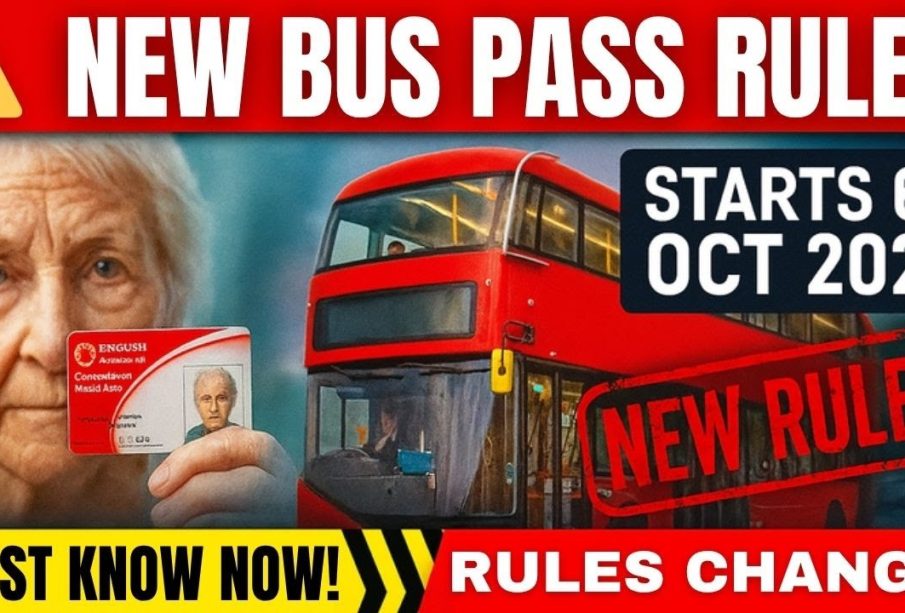Understanding UK Bus Pass Rules and Eligibility

Introduction to UK Bus Pass Rules
Bus passes play a crucial role in public transport in the UK, providing affordable travel options for various groups, including the elderly, students, and individuals with disabilities. Understanding the rules surrounding these passes can save money and make commuting more efficient.
Types of Bus Passes in the UK
There are several types of bus passes available in the UK, primarily the Older Person’s Bus Pass, the Disabled Person’s Bus Pass, and various student passes. Each pass comes with different eligibility criteria and benefits.
Older Person’s Bus Pass
The Older Person’s Bus Pass is available to residents in England who are over 66 years old. The pass allows free travel on local buses during off-peak hours. Eligibility is determined based on age, and applicants must provide proof of residence.
Disabled Person’s Bus Pass
This pass is designed for individuals with disabilities that make it difficult for them to use public transport. Eligibility requires individuals to meet specific criteria set by local councils or to have received benefits such as Personal Independence Payment (PIP). The Disabled Person’s Bus Pass offers similar benefits, including free off-peak travel.
Student Bus Passes
Students in full-time education can take advantage of various discounted student bus passes. Eligibility and discounts depend on the local council and the bus service provider. Many offer both termly and annual passes, which can significantly reduce travel costs for students commuting to schools and universities.
Applying for a Bus Pass
Applications for bus passes can usually be submitted online via local council websites or in person at designated offices. Prospective applicants may need to provide identification, proof of age or disability, and proof of residence. The process is generally straightforward, but it is advisable to check individual council requirements as they may vary.
Recent Changes and Considerations
Due to the COVID-19 pandemic, some local councils have adjusted the hours and conditions related to bus pass usage. There have been calls for more consistent regulations across the UK, especially regarding the availability of free travel for younger adults and other vulnerable groups.
Conclusion
Understanding UK bus pass rules is vital for making the most of available public transport options. As the country adapts to changing circumstances, updating knowledge of eligibility and application processes can empower residents to navigate public transport effectively. Looking ahead, potential policy changes may emerge, presenting further opportunities for increased accessibility and affordability in public transport.









